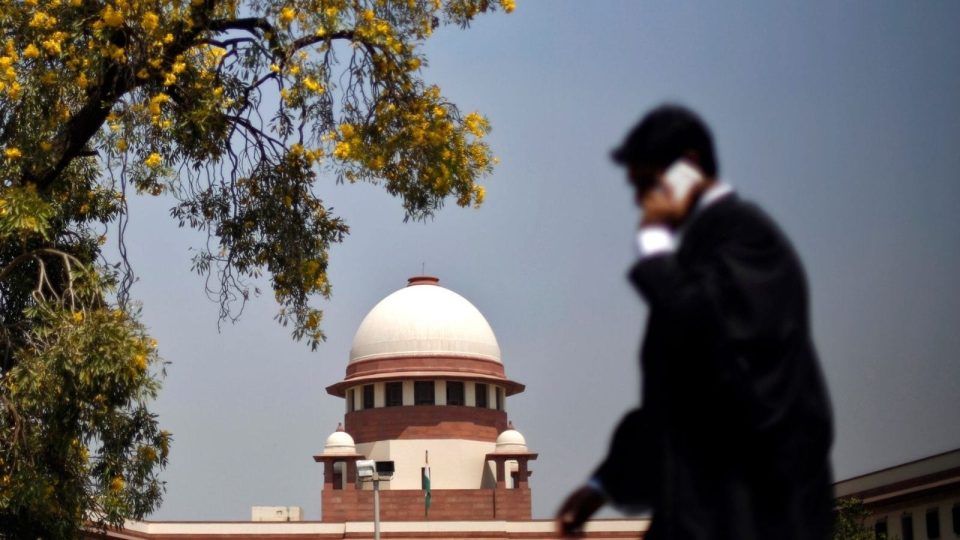The Securities Exchange Board of India (SEBI) has applied to the Supreme Court, presenting its views on the recommendations the court-appointed Expert Committee put forth regarding the Adani-Hindenburg case.
SEBI has sought “appropriate orders” from the apex court for the case scheduled for a hearing on Tuesday. It argued that delays in appropriate action could result in irreparable damage that higher courts cannot reverse.
The expert committee, chaired by Justice A.M. Sapre, was appointed by the Supreme Court to review and strengthen financial regulatory mechanisms. Advocate Vishal Tiwari, the petitioner-in-person, argued that the committee’s report did not provide a conclusive and final finding.
In its report, the expert committee suggested developing an effective enforcement policy to optimise the utilisation of regulatory resources and establish criteria for initiating proceedings or measures.
SEBI responded by stating that it already has a documented Enforcement Manual for all quasi-judicial and enforcement proceedings outlining objective criteria and numerical thresholds, where possible, for initiating suitable enforcement actions or administrative measures.
Regarding the panel’s observation that SEBI’s proceedings have increased significantly, SEBI attributed the rise to many adjudication proceedings in Illiquid Stock Options (ISO) matters.
SEBI clarified that it has an existing SEBI (Settlement Proceedings) Regulations, 2018, which covers the settlement process and includes provisions for rejecting settlement applications and calculating settlement amounts.
SEBI opposed the recommendation to prescribe specific timelines for initiating investigations, stating that it may compromise the quality of the investigation.
In response to the suggestion to eliminate human discretion in surveillance actions, SEBI explained that data, objective criteria, market matrix, and action-taken reports drive stock inclusion in Futures and Options (F&O). It added that over 90% of exchange filings are machine-readable.
SEBI rejected the expert panel’s observations regarding identifying beneficial owners (BOs) of Foreign Portfolio Investors (FPIs) in the Adani case, stating that there was no requirement to disclose the last natural person owning an economic interest in the FPI and clarified that the challenges in obtaining details about economic interest holders arose from thresholds for determining BOs, not the repeal of opaque structure provisions in 2019.
SEBI disagreed with the expert committee’s recommendation of embedding a firm timeline for completing investigations into the law, arguing that it could compromise the quality of investigations and increase litigation.
SEBI assured that it has continuously tightened rules on beneficial ownership and related-party transactions. It emphasised that action will be taken if violations are found or established.
The Supreme Court will hear the ongoing Adani-Hindenburg case, with a bench headed by Chief Justice D Y Chandrachud presiding over the matter.




